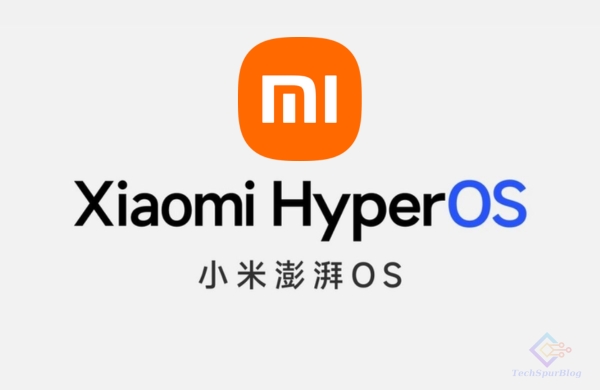
Xiaomi, the renowned Chinese tech giant, has recently announced its latest operating system, HyperOS, which is set to make its global debut on the upcoming Xiaomi 14 series smartphones. This groundbreaking move will mark the end of Xiaomi’s long-standing MIUI, the company’s customized Android-based interface.
With the launch of HyperOS, Xiaomi aims to provide an enhanced user experience characterized by a more user-friendly interface. The new operating system is designed to unify all devices and applications within Xiaomi’s vast ecosystem, as explained by the company’s CEO, Lei Jun, in a recent announcement on X (formerly known as Twitter).
Today marks a historic moment. After years of collective work, our new operating system, #XiaomiHyperOS, is set to make its official debut on #Xiaomi14Series. pic.twitter.com/bNJqIyD8y0
— Lei Jun (@leijun) October 17, 2023
HyperOS represents a paradigm shift in Xiaomi’s approach to software development. It will replace the MIUI, which has been the defining feature of Xiaomi’s mobile devices, including the popular Redmi and POCO series.
Also Read: Xiaomi 13T Pro Review: A Feature-Packed Flagship
MIUI, a firmware that enhances Android’s user interface, has seen continuous development since its inception on August 16, 2010. Over the past 13 years, it has grown to accommodate an impressive global user base of 1.175 billion people, according to Lei Jun.
Acknowledging the monumental effort invested in developing HyperOS, Jun stated that the company’s ambition is to create a comprehensive and unified operating system that transcends the limitations of the current software used in Xiaomi’s mobile devices.
HyperOS is positioned as an all-encompassing platform for Xiaomi, unifying smartphones, tablets, home products, and even cars. This integration will enable Xiaomi to develop applications that cater to a wide range of devices without the need for individual product-specific adaptations.
Notably, in the development of HyperOS, Xiaomi has amalgamated functionalities from Android with those from Vela, their proprietary operating system. This innovative approach has led to the creation of a robust software structure. HyperOS is poised to serve as the foundation for interconnecting billions of devices and connections across Xiaomi’s ecosystem.
Also Read: Google Trials Introduction of AI-Generated Images and Text Drafts in Search Results
Xiaomi’s HyperOS is undoubtedly a significant milestone, ushering in a new era for the company’s software development. With a focus on user-friendliness and unification, Xiaomi is poised to deliver an even more seamless and integrated experience for its users.
The HyperOS will make its debut on the eagerly awaited Xiaomi 14 series, offering a tantalizing glimpse of the future for Xiaomi users, while marking the end of an era with the departure of MIUI. Xiaomi’s dedication to improving the user experience and creating a unified ecosystem is undoubtedly commendable and eagerly anticipated by its global fanbase.

Leave a Reply